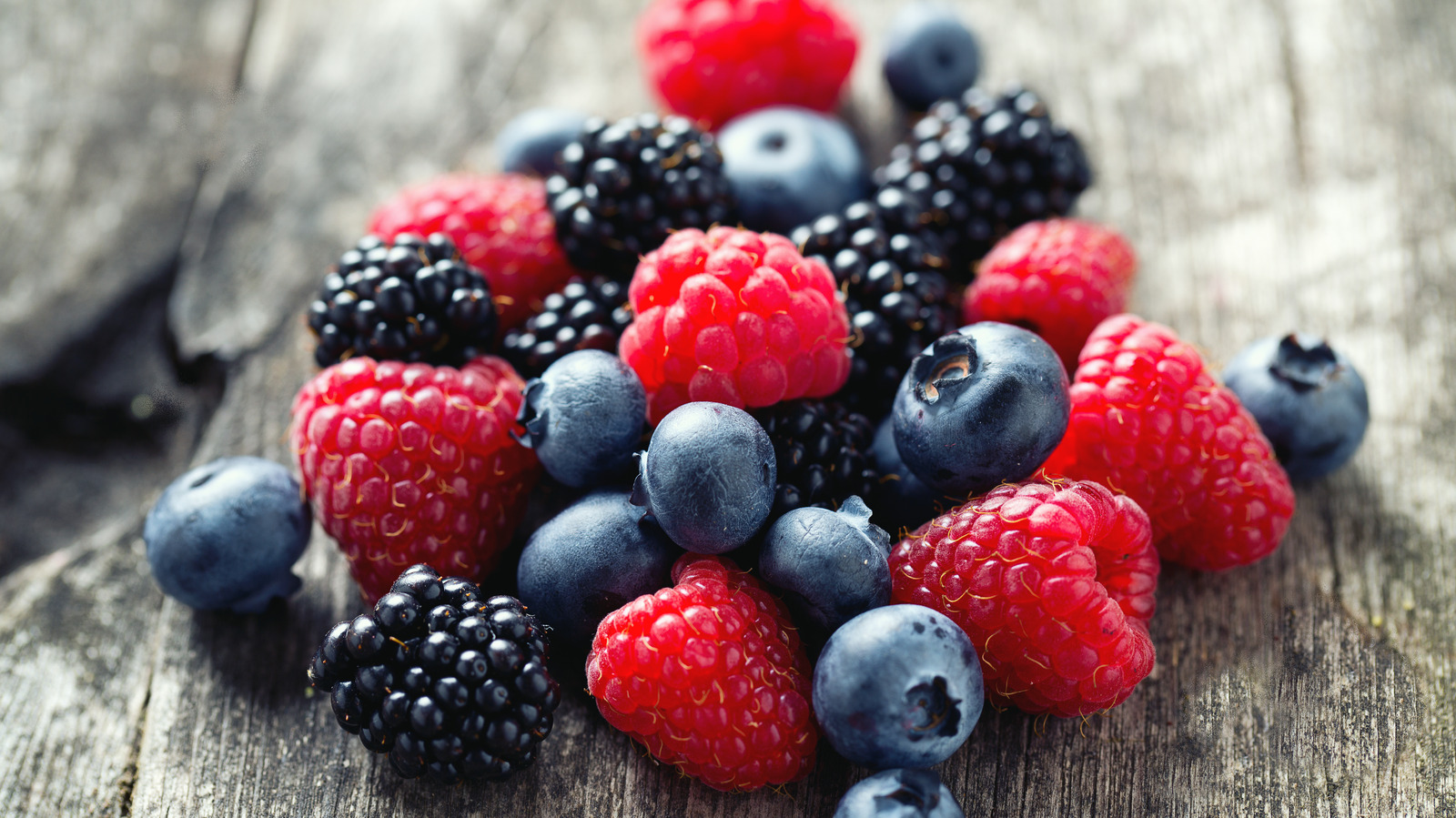Why Am I Always Bloated? Foods and Habits That Might Be to Blame
Bloating isn’t just uncomfortable, it can impact how you feel about your body, leave you feeling drained, and even affect your day-to-day food choices. Whether it hits you occasionally or shows up regularly, that swollen, sluggish feeling is something most of us have experienced.
In fact, nearly 1 in 5 people report bloating at least once a week — and many simply learn to live with it. But you don’t have to.
At Probio7, we’ve made it our mission to help people manage gut-related issues, especially bloating. Our Probio7 Advanced formula is designed with a unique blend of live bacteria, prebiotics and added vitamins to target bloating, restore balance, and support daily digestive health. Looking for fast, effective relief from bloating? Try Probio7 Advanced today
While supplements like Probio7 Advanced can offer essential support, it's also important to understand what might be triggering your symptoms. Below, we’ll explore common food-related causes of bloating — along with simple swaps, lifestyle tips, and gut-friendly habits to help ease discomfort and keep your digestion on track.
Foods That May Cause Bloating (and What to Eat Instead)
1. Sugar Substitutes and Sweeteners
Many sugar-free snacks, drinks, and chewing gums contain sugar alcohols like sorbitol, mannitol, erythritol, and xylitol. These are often recommended for people with diabetes but can be tough on the digestive system. Our bodies struggle to break them down, which means they ferment in the gut — leading to gas and bloating.
Fructose, especially when added as high-fructose corn syrup, can also cause digestive discomfort for some. It's commonly found in soft drinks, packaged sweets, sweetened yoghurts, and condiments.
Try this instead:
Choose natural alternatives like maple syrup, molasses, or treacle in small amounts. Swap sugary drinks for coconut water, kombucha, or water with a splash of lemon.
2. High-Fructose Fruits
Fruits are an essential part of a balanced diet, but some — including apples, pears, cherries, watermelon, and dried fruits — are naturally high in fructose and may cause bloating in sensitive individuals.
✅ Try this instead:
Lower-fructose fruits like bananas, oranges, grapes, blueberries, and raspberries are generally gentler on the gut. If you love apples and pears, consider reintroducing them slowly over time.

3. Certain Vegetables
Vegetables like onions, garlic, leeks, cauliflower, and artichokes contain fermentable fibres that can produce gas during digestion. While these are incredibly nutritious and support gut health, they can be problematic if you’re already experiencing symptoms.
✅ Try this instead:
Temporarily reduce your intake of these veggies and focus on well-tolerated options like carrots, courgettes, and spinach. Gradually reintroduce the more fibrous varieties to build tolerance.
4. Dairy Products
If you feel bloated after milk, cheese, or yoghurt, lactose intolerance might be the reason. This occurs when your body lacks enough lactase enzyme to digest lactose, the sugar in dairy. The undigested lactose ferments in the gut, creating gas and discomfort.
✅ Try this instead:
Look for lactose-free dairy products or try plant-based alternatives like almond, oat, soya, or coconut milk — but always check the label for added sugars.
5. Beans and Pulses
Kidney beans, baked beans, chickpeas, and lentils are high in fermentable fibres like raffinose. For some, these can be tough to digest, especially if they’re not cooked properly.
✅ Try this instead:
If using canned beans, rinse them thoroughly. When cooking from dry, soak and boil beans well to make them easier on the stomach. Gradual introduction also helps.
6. Wheat and Other Grains
Wheat-based products such as bread, pasta, barley, and rye contain fibres like fructans and GOS, as well as gluten — all of which can contribute to bloating in sensitive individuals.
✅ Try this instead:
Explore other grains like quinoa, rice, buckwheat, or gluten-free oats. There are also gluten-free pasta options made from corn, lentils, or quinoa flour.
7. Processed Meats
While protein itself isn’t usually a cause of bloating, processed meats often contain added ingredients like onion or garlic powder, wheat-based fillers, or high-fructose corn syrup — all of which can trigger symptoms.
✅ Try this instead:
Opt for fresh meat, fish, or poultry you can season yourself. Use herbs, spices, tamari, olive oil, or lemon juice for flavour without the bloat.

Habits That Can Help Beat the Bloat
Consistently take a supplement like Probio7
It usually takes around 3 weeks to see results from probiotics, but we recommend at least 3 months before judging if it works for you. A reduction in bloating is one of the biggest differences our customers notice.
Move More
Sitting for long periods can slow digestion. Gentle movement like a short walk after meals has been shown to help clear intestinal gas and ease bloating.
Stay Hydrated
Not drinking enough can lead to constipation, which in turn causes bloating. Aim for 6–8 glasses of water a day. Herbal teas and sugar-free drinks count too.
Support Your Gut Microbiome
A disrupted gut microbiota may play a role in bloating. Add fermented foods like sauerkraut, kimchi, kefir, and live yoghurt to your meals to support a healthy balance of bacteria.
Consider Food Intolerances
If you find yourself reacting to a wide range of foods, it might be worth investigating further. A nutrition practitioner can help guide you through an elimination and reintroduction process to pinpoint possible intolerances.
Takeaway
Bloating is common — but that doesn’t mean you have to put up with it. By identifying your personal triggers and making small, sustainable changes to your diet and lifestyle, you may be able to reduce symptoms and feel better in your body.
If bloating is persistent or severe, speak to your GP to rule out underlying medical conditions.




